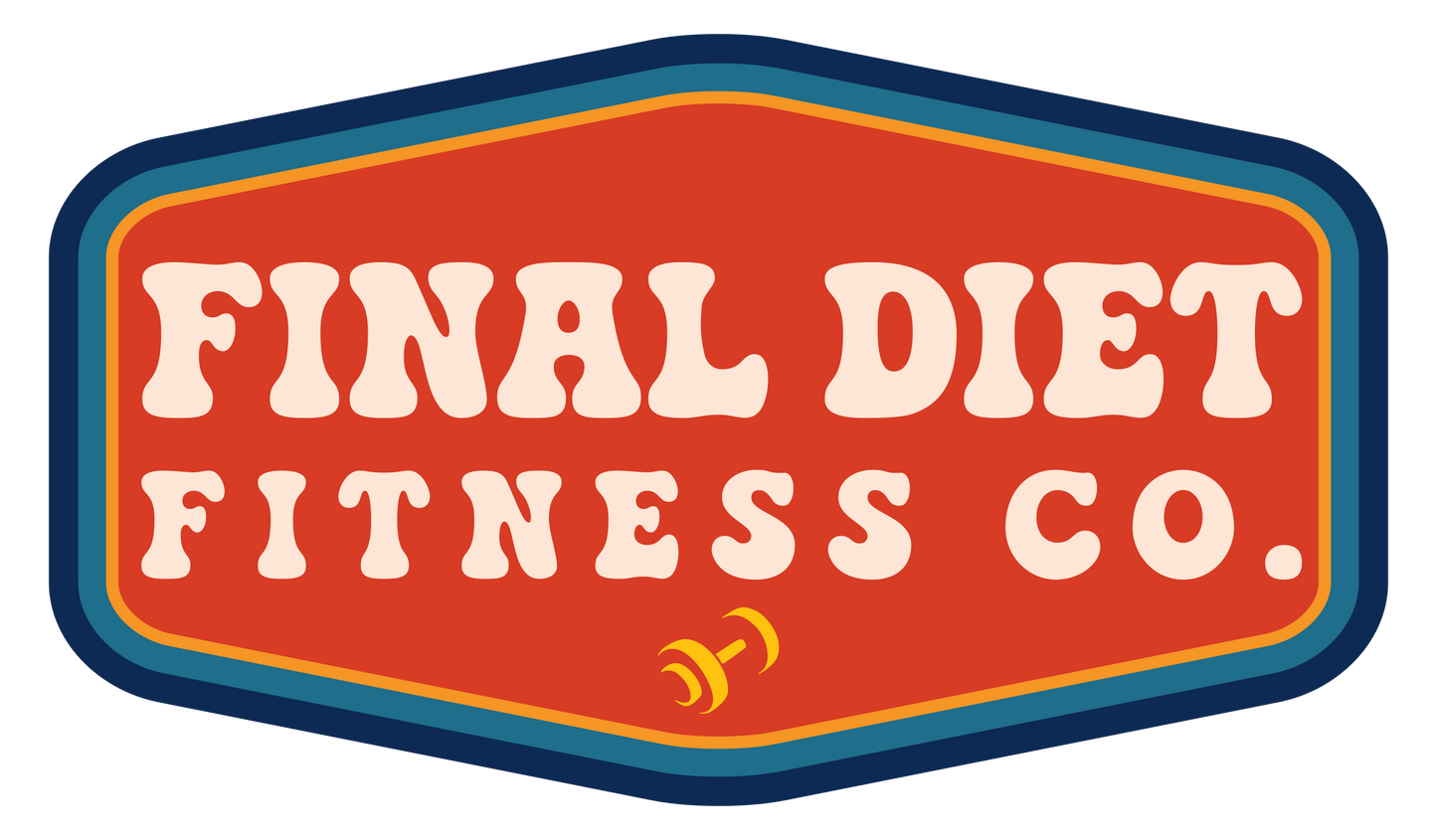
Anyone can stay consistent when life is calm. But holidays, travel, long work weeks, and family events expose something important:
You don’t rise to the level of your goals — you fall to the level of your systems.
This is why anchor habits are so powerful. When life gets messy, anchor habits keep you steady, grounded, and focused. They’re the “minimums” that keep the bottom from falling out.
Let’s break down what they are, why they work, and how to build them.
1. What Are Anchor Habits?
Anchor habits are small, repeatable behaviors that stabilize your day and keep you aligned with your goals — even during chaos. They don’t require intense motivation or energy.
Examples:
- Hitting 7–10k steps
- Eating a high-protein breakfast
- Drinking water before coffee
- Going to bed at a consistent time
- Following a simple meal structure
- Doing 10 minutes of movement
- Planning tomorrow’s meals
These habits create rhythm and predictability in your life.
2. Why Anchor Habits Work (The Science)
Anchor habits support consistency because they:
Regulate your circadian rhythm
Sleep/wake consistency improves decision-making, hunger control, and mood.
Reduce decision fatigue
A predictable routine lowers overwhelm and increases adherence.
Build identity-based momentum
If you behave like a consistent person, you become one.
Identity > motivation.
Create “minimum viable progress”
Even on rough days, your floor stays high — you don’t fall behind.
3. Build a Morning Rhythm That Sets the Tone
Your morning creates momentum, positively or negatively. Great days often start with simple, predictable wins:
- Wake at the same time daily
- Drink water
- Light movement
- Simple, protein-based breakfast
- Step outside for light exposure
These things take minutes — but they set your mindset, appetite, and energy.
4. Build a Night Routine That Protects Your Recovery
A strong day begins the night before. Anchor habits for night:
- Dim lights 30–60 minutes before bed
- Shut down screens or use night mode
- Lay out clothes for tomorrow
- Prep breakfast or lunch
- Aim for a consistent bedtime
When you protect your sleep, everything else becomes easier.
5. Keep Food Structure Simple (Even on Busy Weeks)
Even when life is chaotic, your meals don’t need to be. Build a simple fallback structure:
- Protein + produce at every meal
- One whole-food carb you enjoy
- Limit restaurant meals during busiest weeks
- Prep 1–2 meals ahead when needed
The simpler the structure, the easier the consistency.
6. Set an Activity Minimum
Even during holidays or stressful weeks, you can commit to a movement minimum:
- 15-minute walk
- 7–10k steps
- 10-minute home workout
- Mobility routine
Staying active stabilizes appetite, reduces stress, and keeps momentum alive.
7. Anchor Habits Make “Busy Weeks” Just Weeks
The goal isn’t to avoid busy seasons — it’s to perform well during them. Once your anchor habits are automatic:
- Holidays don’t derail you
- Travel doesn’t derail you
- Stress doesn’t derail you
- Life doesn’t derail you
Your consistency no longer depends on perfect conditions.
Key Takeaways
- Anchor habits keep you grounded during unpredictable weeks.
- Build simple morning and evening rhythms that support your goals.
- Keep food structure simple and activity consistent.
- Small, automatic habits prevent momentum loss — even during holidays.
